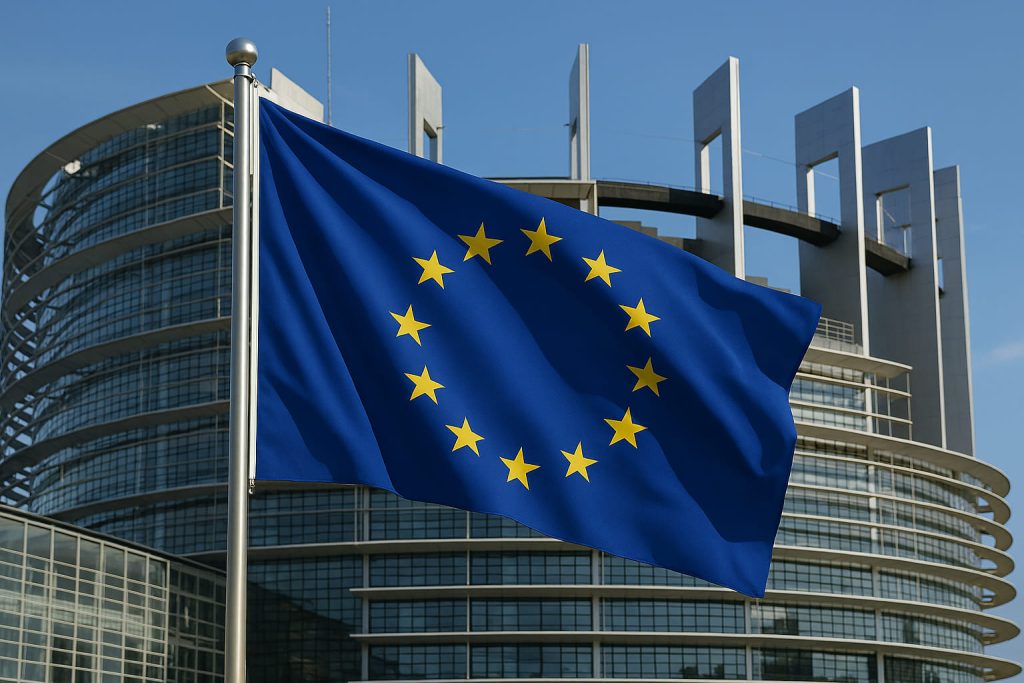Faces on divides: mid-term French MEPs’ votes

The election of a new president (speaker) of the European Parliament on Tuesday 17 January marks mid-term for the parliamentarians elected in May 2014. Working in partnership with the Mouvement Européen-France on the basis of data supplied by VoteWatch, the Jacques Delors Institute has decided to mark the occasion by conducting a fresh analysis of the way French MEPs have voted to date in connection with the twenty emblematic issues submitted to their approval (the Juncker Commission’s investiture, the TTIP, trade secrets, the European border guard and coastguard agency and so forth).
These factsheets will allow us to put “faces on the political divide” which structures the European Parliament’s democratic life but which does not necessarily or invariably reflect the left-right divide or the need to back one’s national government the way it does at the national level. Rather, it points to the existence of variable-geometry political majorities (just as it did from 2009 to 2014) which can be broken down into three main categories:
- “coalition majorities” embracing the conservatives, the social democrats and the liberals (who vote the same way in 70% of cases) with additional support on a case-by-case basis from other political forces, a factor which has become increasingly necessary in view of the three political groupings’ weaker numerical importance (this is the case, for instance, in voting on the shareout of refugees or on the harmonisation of social security charges and detached workers’ salaries…)
- “confrontational majorities” pitting the conservatives against the social democrats with additional support on a case-by-case basis from the liberals, the greens, the radical left or the eurosceptics (this is the case, for instance, in voting on the renewal of authorisation for glyphosate or on authorisation to employers to ban religious symbols from the workplace…)
- “consensus majorities” embracing virtually all of the French MEPs from Marine Le Pen to Jean-Luc Mélenchon (this is the case, for instance, in voting on money laundering or on steel emission allowances…)
Our twenty voting analyses address both the positions expressed by all of the parliamentarians elected in France and those expressed within the eight regional euroconstituencies East, Ile de France, Massif Central – Centre, North-West, West, Outre-Mer, South-East, South West) so that they can be disseminated to as large a number of voters as possible.
They also will explore the positions expressed by the Greek and Czech parliamentarians (in versions specially translated for those countries) in the context of a partnership forged with Diktio and with Europeum, that enjoys the financial support of the European Parliament.
These factsheets are designed for dissemination by the Jacques Delors Institute, the Mouvement Européen – France, Diktio, Europeum and all the other parties involved, throughout 2017 and beyond, in a determined attempt to fuel the democratic debate on the choices and decisions made by the European Union and by those acting in its citizens’ name within the European Parliament.





